BY BECKY SWANBERG — EMOON LEAD CONTENT EDITOR AND MIDDLE READER NOVELIST
We’re wrapping up our series on stronger storytelling, and thanks to all of you who have read along. Today we’re going to talk about how a good dose of self-awareness can go a long way in helping writers improve their work.
It’s a truth universally acknowledged that every writer has patterns that emerge in their stories. Maybe it’s a tendency to use similar descriptions, settings, or characters. Maybe it’s the go-to words and phrases that become distracting and less effective with over-use. Maybe it’s simply your favorite sayings that seem to become your character’s favorite sayings. In the same ways that we talk in predictable conversation patterns, we write that way, too.
Though this is a common problem for writers, the good news is that you can learn to edit yourself and eliminate overused words and phrases. Here are a few tricks of the trade to discovering your own writing patterns.
Start with Distance
Taking some time away from a finished manuscript will provide perspective. When the ideas are fresh in your head, it’s difficult to be objective about what’s on the page. Often what you meant to write and what you actually wrote are jumbled together, making it tricky to really assess what you’ve put into words. The solution? Step away for a few months and come back with fresh eyes.
Read the Work Aloud
After some time away, go back through your story and read it aloud. Do you notice words that are repeated excessively? Descriptive words like colors, vivid adjectives, or descriptive adverbs can add life to a sentence, but can become ineffective when used repeatedly in a story passage.
Listen to Feedback- and Apply it
It’s hard to take criticism but essential in the process of knowing yourself as a writer. When beta readers offer thoughtful feedback, hold those suggestions with respect and carefully consider their input. Ask yourself if the critique is true, and if you made those choices purposefully. Then make adjustments. Feedback not only helps you improve a manuscript, but it can help you understand yourself as a writer.
I have often found that feedback from one work seems to pop up and apply to my next writing project. My tendency to value character over plot is a common theme. My vague world-building strikes again. I overuse the words just, really, and questioned. By accepting and listening to readers, I was given tools to edit my own work on future projects. What a gift!
Find/Replace is your Friend
Microsoft Word has a feature that allows you to search your document for specific words, and then make replacements if desired. On my first manuscript, I found that I used the word just over one thousand times--more than three times per page! I learned that just is a word I put in for emphasis, for a pause, for kicks, or for no apparent reason. In my next story, I edited that word on my first revision. And in the following manuscript, I focused on writing my first draft without it. A little self-awareness can take your writing a long way.
In the writing class I teach for upper elementary grades, I tell my students that they need two things to edit their own work: a sharp eye and a humble heart. Thankfully, those things are available to you as well as you seek to know yourself, hone your craft, and put excellent stories out into the world.


